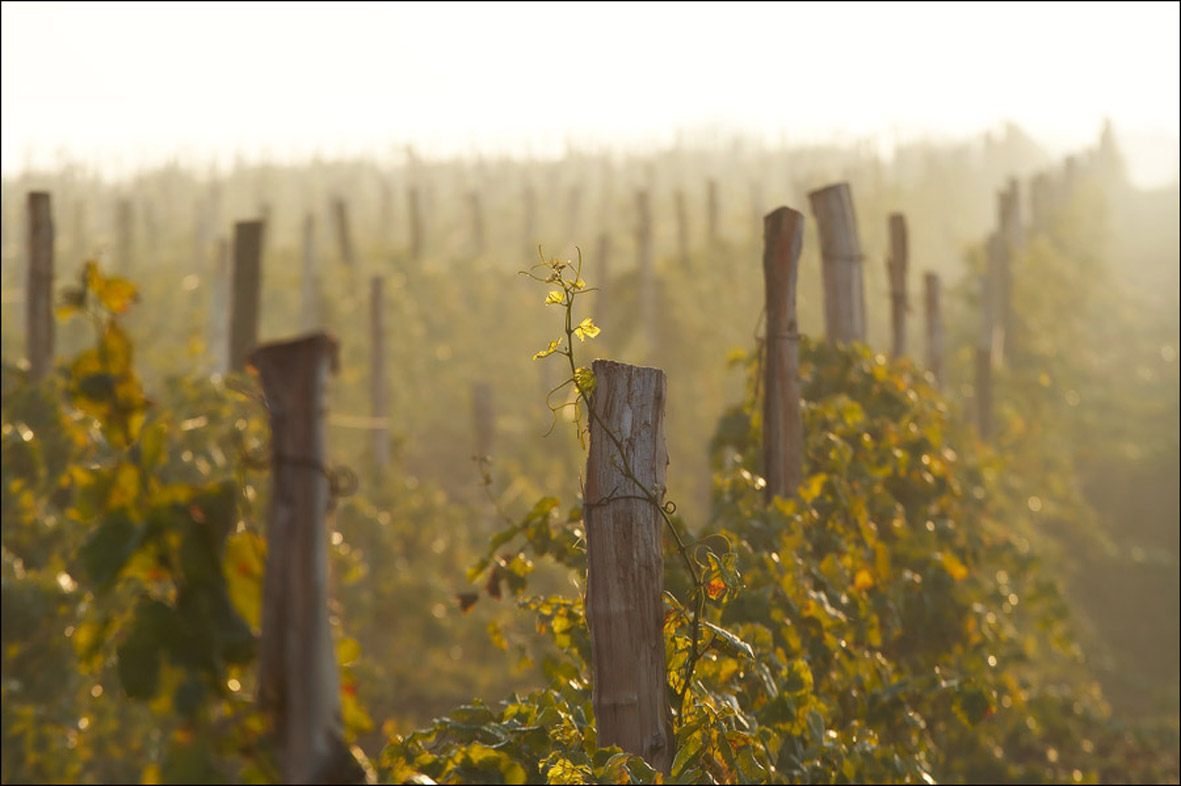France - Late frost to wreak havoc on wine production
09.04.2021 502 views
ScaleAgData Stakeholder Engagement Event
22.10.2024The ScaleAgData project is pleased to invite you to our second stakeholder event. Building on the discussions and connections formed during our first webinar, this event will focus on fostering collaboration among stakeholders, providing updates on our project’s progress, and outlining future opportunities for engagement.
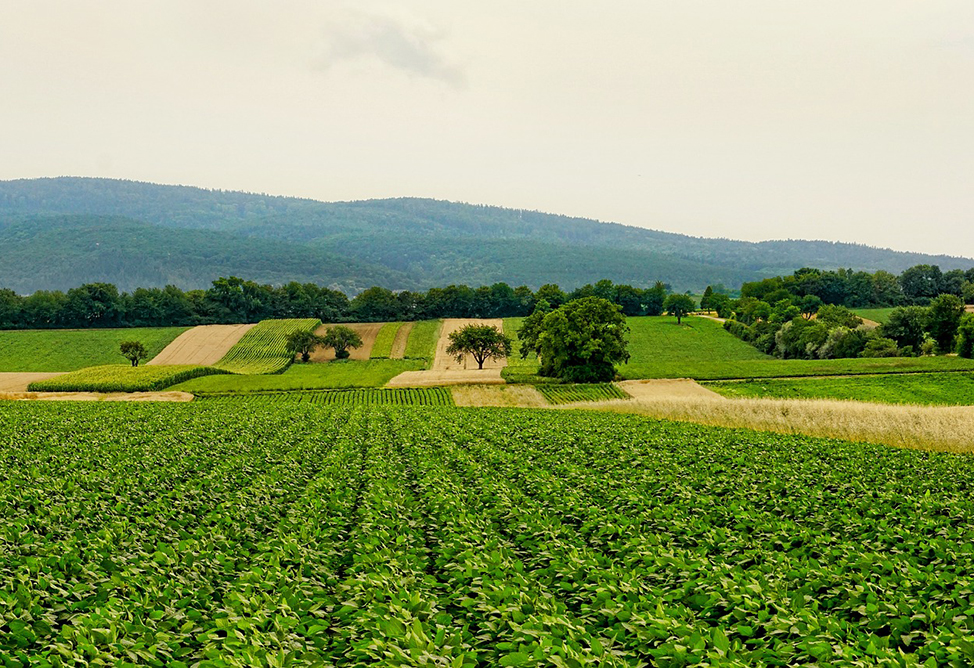
Agricultural insurance scheme to be relaunched in Armenia
The Government of Armenia has confirmed that its agricultural insurance programme will be reinstated on 15 February 2026, offering a renewed risk‑management lifeline for farmers in the face of increasingly erratic weather patterns.
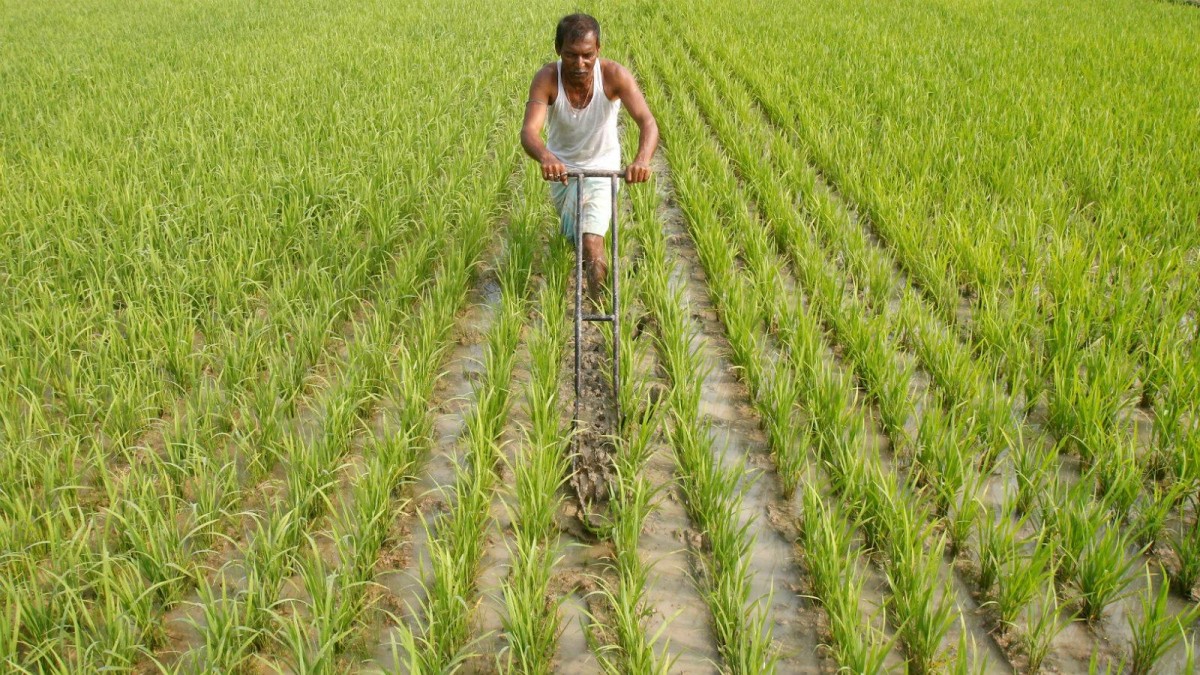
India - Kshema General Insurance Secures USD 20 Mn Boost from Green Climate Fund
Kshema General Insurance Ltd has received approval for USD 20 million capital infusion from the Green Climate Fund (GCF), the world's largest climate investment vehicle created under the Paris Agreement.
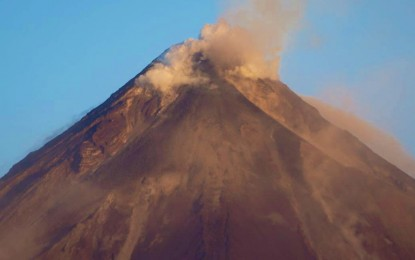
Philippines - 314 farmers affected as Mayon damage hits P14-M
Agricultural damage from Mayon Volcano's ongoing unrest has reached PHP14.4 million, affecting 314 farmers and fishers in Albay, the Department of Agriculture-Bicol Region (DA-5) said Friday.

Kenya - At least 200,000 people face hunger as drought ravages Tana River
Famine looms large as at least 200,000 people face hunger in drought-ravaged Tana River County.
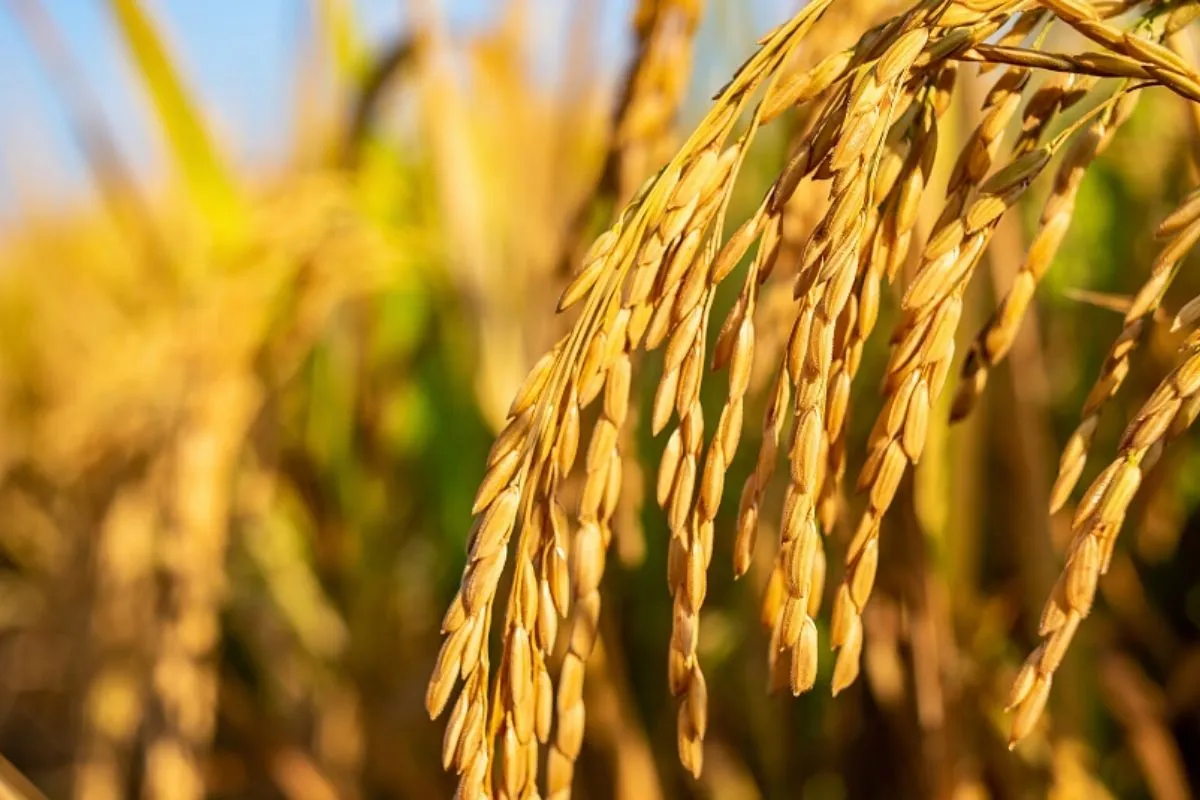
Viet Nam supports Cuba in ensuring food security
Speaking at the ceremony on February 13, Cuban Deputy Minister of Agriculture Telce Abdel González affirmed that Cuba will create all favourable conditions for AgriVMA’s rice production project in Los Palacios district, Pinar del Río province, with a view to expanding the model to other localities across the country.

India builds massive digital backbone for Agriculture with 7.63 crore farmer IDs
India has created a large-scale digital foundation for agriculture with over 7.63 crore farmer IDs and 23.5 crore crop plots surveyed under the Digital Agriculture Mission, an official statement said on Saturday.
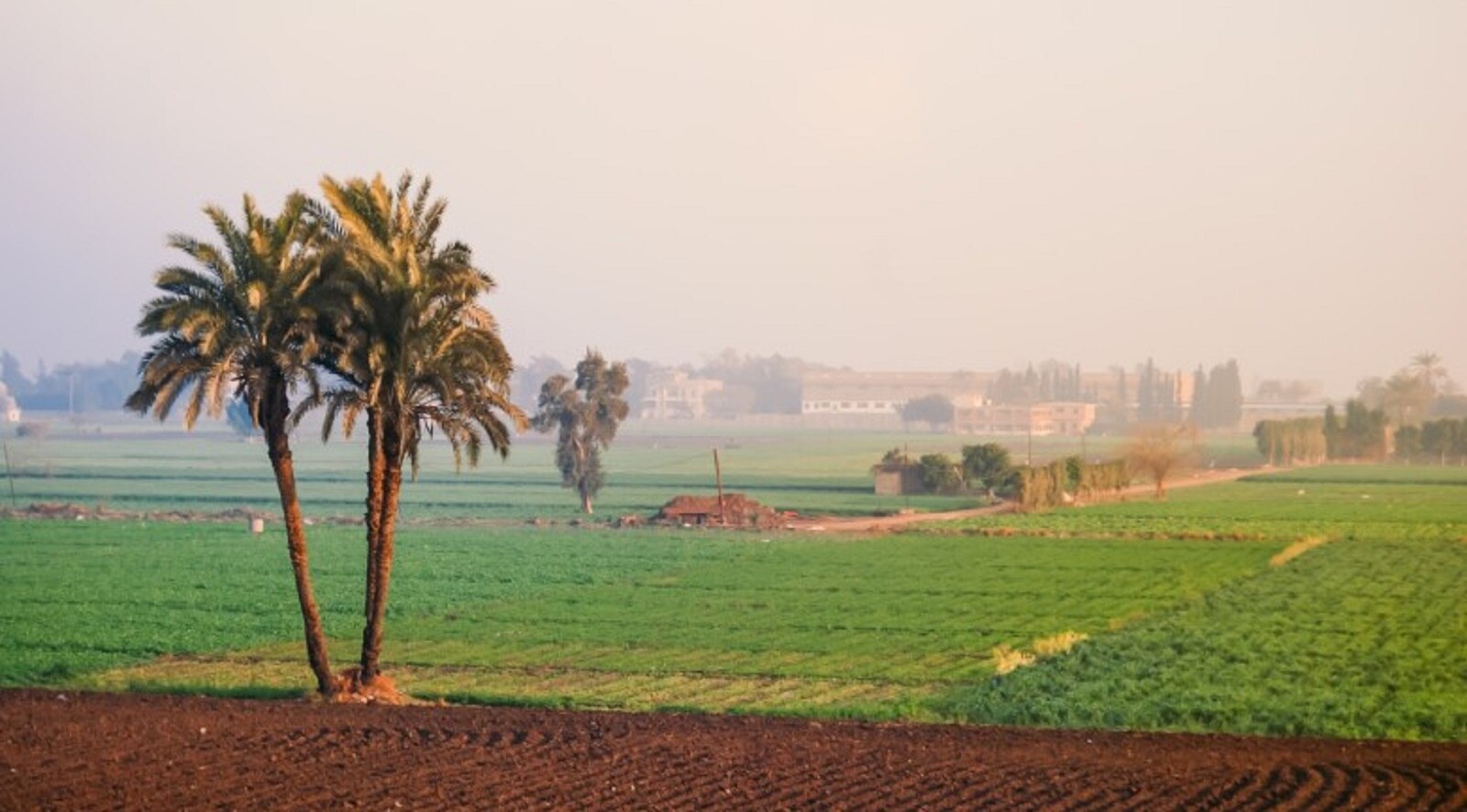
Egypt braces for early Khamsin winds as severe weather fluctuations expected to peak Friday
Head of the Climate Change Information Center Dr. Mohamed Ali Fahim, has issued a warning over significant weather fluctuations expected to impact the country in the coming hours, coinciding with the month of Amshir, traditionally known for its strong winds.
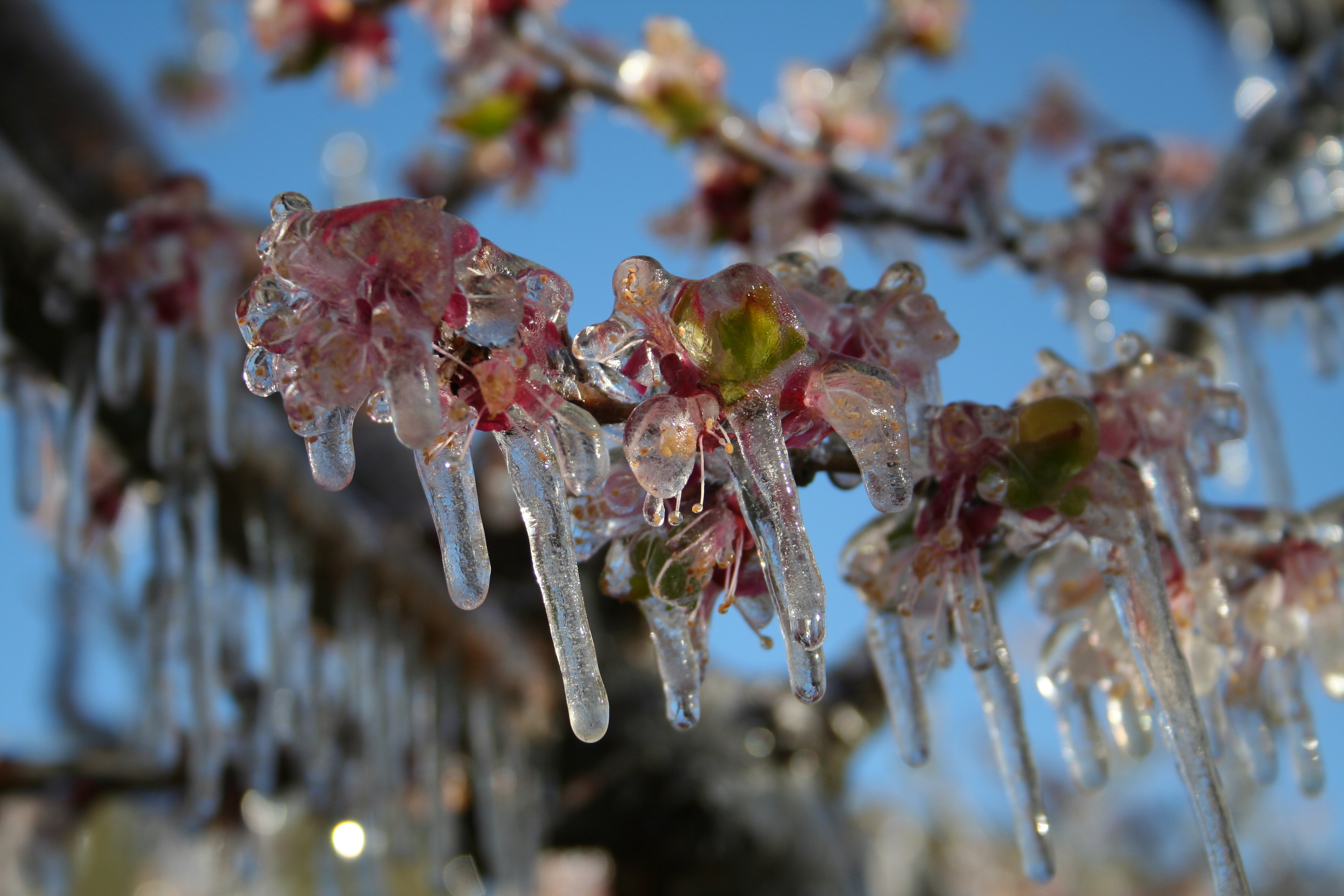
USA - Damage to Florida crops could top $1 billion after below-freezing temps
As forecasts called for freezing weather, David Hill planned to run sprinklers overnight, hoping a coating of ice would protect the crops at his Clermont farm.


